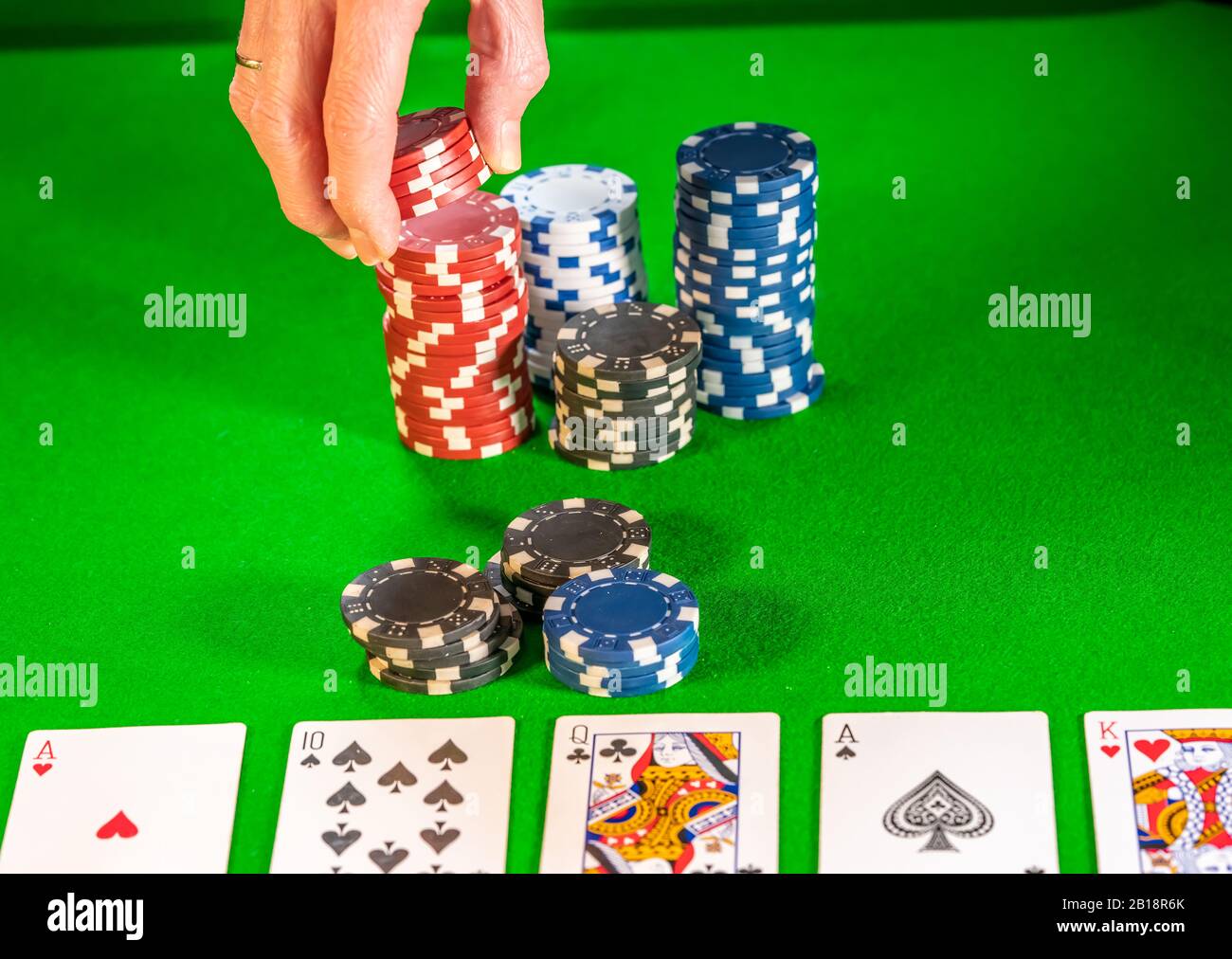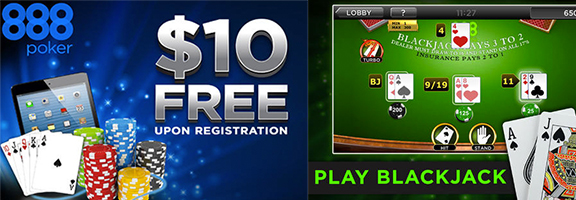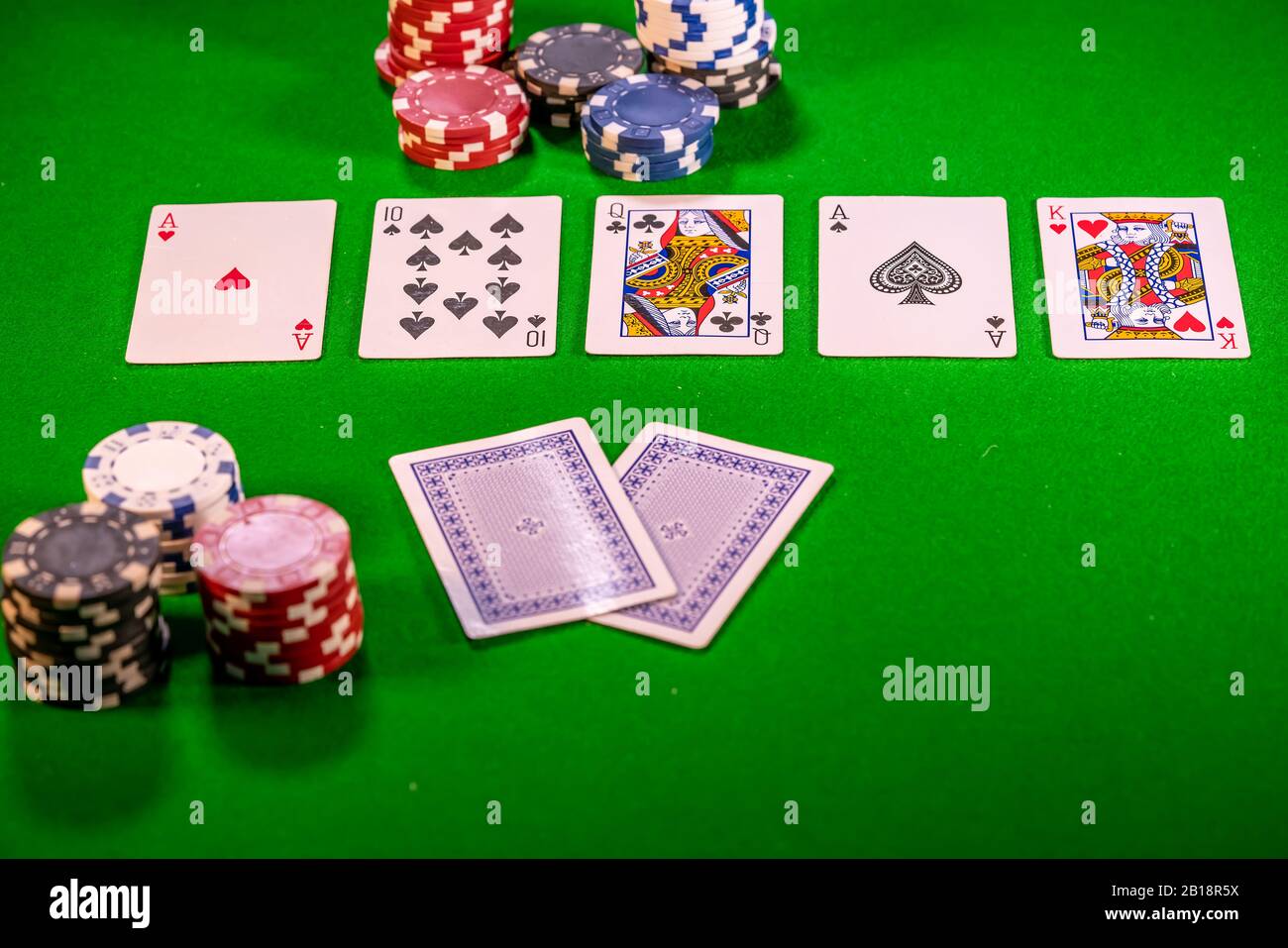Street Poker
River Street Poker is a year-round recreational poker league designed to offer players of all skill levels a fun and inexpensive avenue by which to compete and hone their skills at No-Limit Texas Hold’em poker. Free tournaments hosted at Savannah bars and restaurants reward winners with daily prizes and entries into more exclusive monthly and yearly events. Registration and membership into the league is absolutely free, and there is never a charge to play in any of our games. We both encourage and reward players for patronizing our host establishments while they play, as it is the venue that provides the foundation on which the league is conducted. As long as our host bars and restaurants are happy we’re there, the league not only survives, but thrives. Below are links by which you can learn everything about River Street Poker. We encourage all our poker players to familiarize themselves with our play and prize structure, league guidelines, and rules of play. The more familiar our players become with how the league is conducted the better educators they become to newer league members, and the more fun we all have as a result. Any questions may be directed to us by using the Contact button on the top-right side of the website.
This means that the flop is third street, the turn is fourth street, and the river is fifth street. It is fairly rare, though not unheard of, to hear the cards or the betting rounds in a flop game be referred to as streets. Also, Positively Fifth Street is a poker book written by James McManus. Street-Wise Poker: The Highs and Lows of Stud-8 Explained. By Ashley Adams. Poker profit comes from the disparity between your skill and the average skill of your opponents. Poker is a card game that uses the traditional 52 playing card deck.

RSP Code of ConductChip-Up Chart
The RSP No-Limit Texas Hold’em Primer (
Fifth Street – 1. The fifth card delivered in a stud game
1. The fifth card delivered in a stud game2. The betting round that follows the delivery of the fifth card.
In certain poker games, the “street” that you are on is used as a metaphor to describe what part of the hand you have progressed to. In these games, the number of cards that you have been dealt is equivalent to the “street” that you are on. If you have three cards, you are on “third street,” if you have five cards in your hand you are on “fifth street,” and so on. It is important to note that “street” can refer to both the actual card that is delivered as well as the betting round that immediately follows. For example, in the case of “fifth street,” the fifth card that is delivered is fifth street, but during the betting round that follows, you are said to be “on fifth street.” Sometimes, the word “street” is dropped, in which case, you are said to be “on fifth.” This terminology is most commonly used in Seven Card Stud games. It can also be used in flop games, but its usage is slightly different in this context.
In a Seven Card Stud game, after the antes are posted, and prior to the initial betting round, each player is dealt three cards. This is called the “starting hand.” The betting round that follows the delivery of the starting hands is referred to as third street, because all players have three cards at this point. There is no first or second street. As the hand progresses, the street numbers run from third street to seventh street, which is commonly called “the river.”

Fifth street in a Seven Card Stud game is particularly important for a number of reasons. For one thing, it is the earliest you can complete a five card poker hand. When a player completes his hand on fifth street, he often has a substantial advantage over the field. Depending upon the field, he may or may not get credit for completing his hand on fifth, and he will often get good action the rest of the way from the players who do not give him credit.
Street Poker
Fifth street is a crucial point of commitment to the hand. If you elect to call a bet on fifth street, it will often cause you to commit to call the rest of the way. This is fine if you can legitimately justify a call on fifth, but if you are chasing with a bad hand, it can get costly. It is not a time to make speculative calls, because not only is the bet amount twice as much as it was on fourth street, you also have one fewer cards left to make your hand with.The other players in the game know that fifth street is often a make or break card for the field. For this reason, it is common for plays to be made on fifth, in an attempt to thin the field. The player who bet on fourth street will often make a continuation bet on fifth, even if they have not improved. It is also common for a player to represent a hand which he does not have by betting or raising on fifth street.
Occasionally, the post flop betting rounds in a flop game are also referred to as streets, although they are most commonly referred to as flop, turn, and river. In a flop game, the streets are numbered differently than they are in a Seven Card Stud game. In a Stud game, the streets are numbered according to the total number of cards in each player’s hand. This means that the streets run from 3rd through 7th. In a flop game, the streets are numbered only by the number of community cards on the board. Since there are ultimately only five cards on the board in a flop game, beginning with a three card flop, the streets run from 3rd to 5th. This means that the flop is third street, the turn is fourth street, and the river is fifth street. It is fairly rare, though not unheard of, to hear the cards or the betting rounds in a flop game be referred to as streets.
Also, Positively Fifth Street is a poker book written by James McManus.

Usage: Folded On Fifth Street, Raised On Fifth Street, Caught An Ace On Fifth Street
Previous Poker Term: Family Pot
